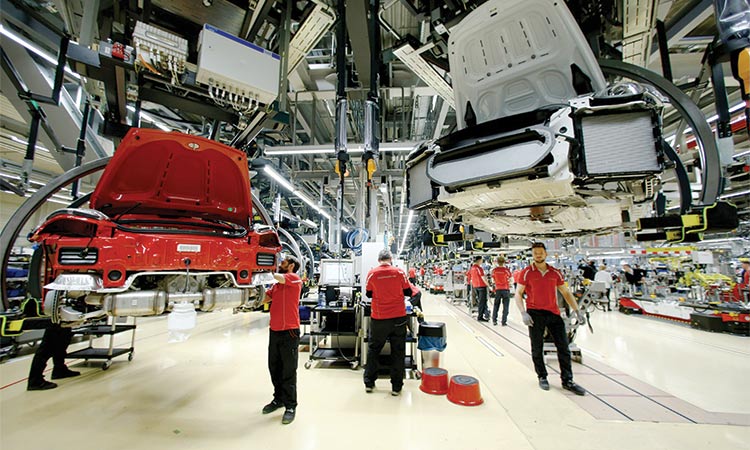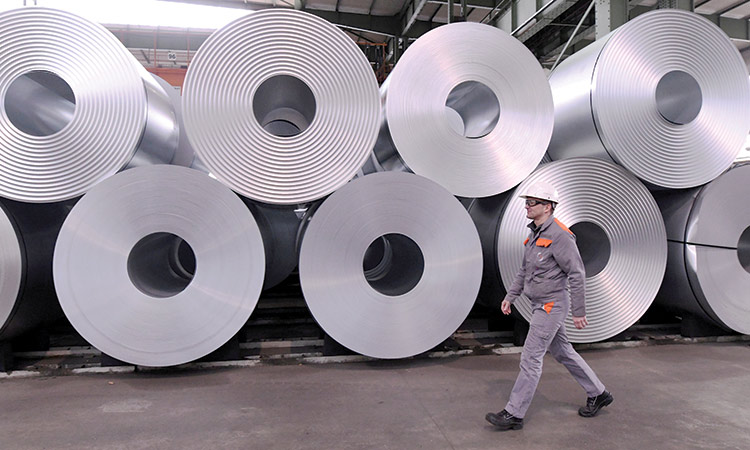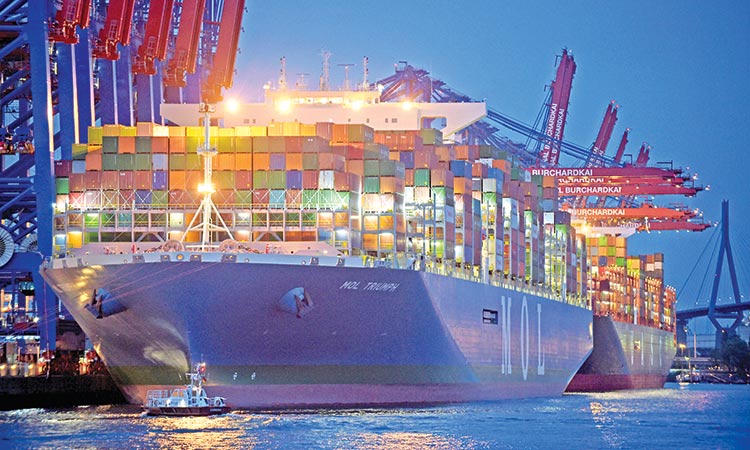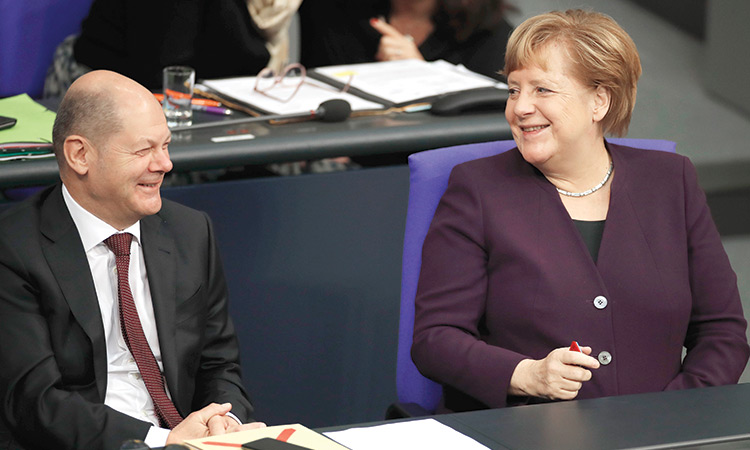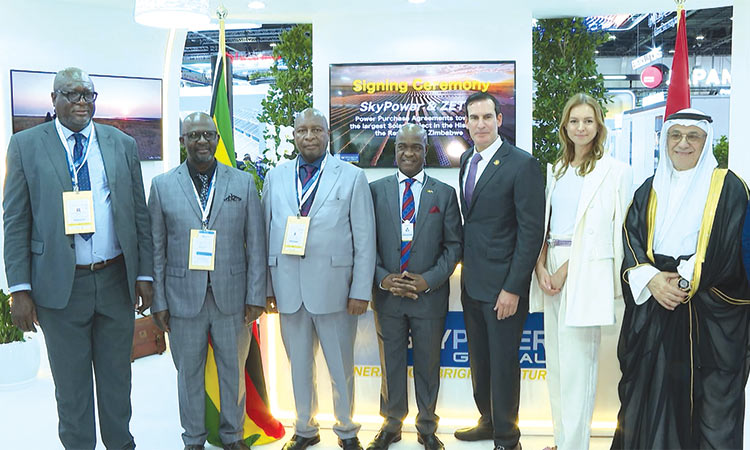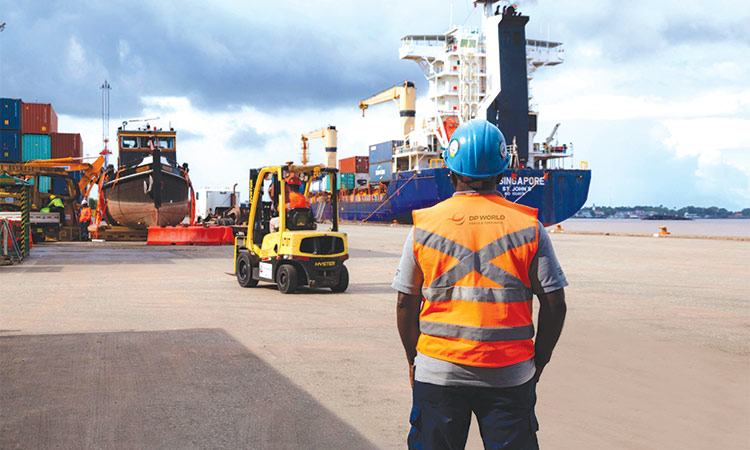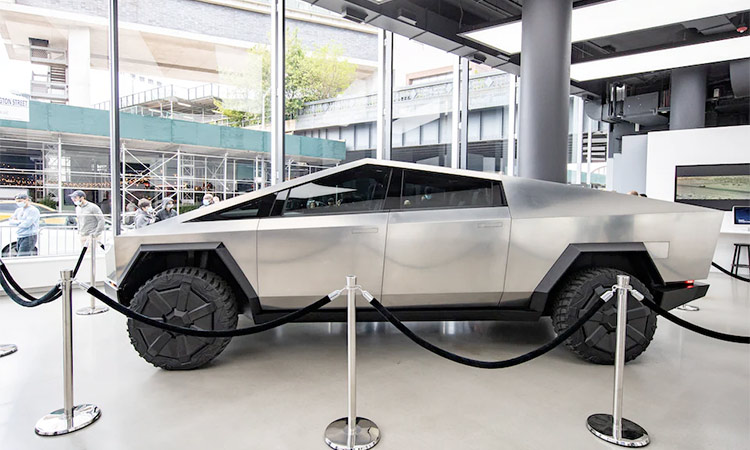Ford expects $1 billion profit rise from Michigan truck plant
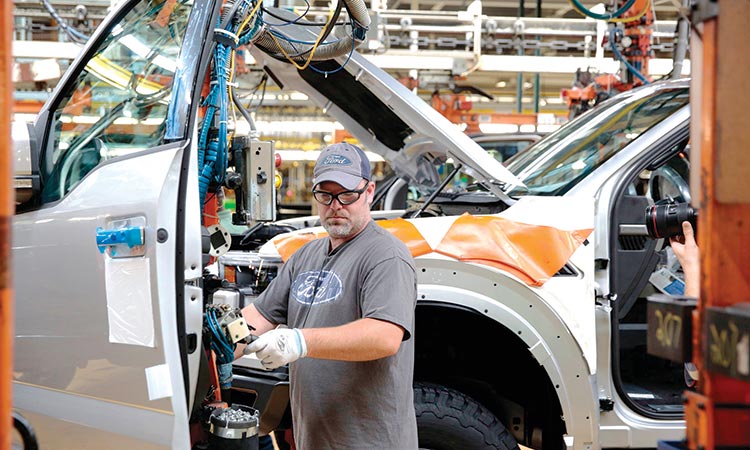
An employee at Ford’s truck facility in Michigan, US. Agence France-Presse
The increase in earnings, before interest and taxes, in 2021 compared with 2017 is due to the shift at the Michigan Assembly Plant in Wayne, Michigan, from C-Max hybrids and Focus compact cars to Ranger mid-sized pickup trucks and Bronco SUVs, Ford’s Jim Baumbick, vice president of enterprise product line management, said at a Bank of America Merrill Lynch conference in New York.
“The absolute change in profitability is over $1 billion EBIT and we expect over the long, normal cycle, that to continue to improve,” he said. “That’s just an example of other choices that we’re making in the portfolio that are going to unlock additional value.”
Ford has been restructuring its operations globally to improve profitability and speed product development.
Ford is making product shifts elsewhere that are similar to those at the Michigan plant. Baumbick declined to provide details but said there were a couple of cases in which Ford was making “major changes in the overall profit contribution” from one vehicle to another.
The Ranger went on sale in January and the Bronco will launch next year.
In 2017, Ford built about 200,000 C-Max and Focus vehicles and will assemble more than 200,000 of the Ranger and Bronco vehicles in 2021, when the latter is at full production, Baumbick said.
Ford invested $850 million in the Detroit-area plant to retool for the pickup and SUV.
Baumbick said Ford will not chase volume over profitability with any launches. “If the better business has a slightly lower volume, then so be it,” he said.
As part of Ford’s push to speed up product development, Baumbick said a team of employees in 12 weeks developed a vehicle for the “affordable segments” that will go into production before the end of 2022. He declined to provide more detail.
Ford, based in Dearborn, Michigan, gets 150 per cent of its operating profit from its strongest products, such as F-150 full-size pickup trucks and Transit vans.
The focus is on shifting investments to areas that offer operating profit margins in the high teens on a percentage basis, Baumbick said. He also said a Ford Mustang-inspired battery electric SUV that Ford plans to introduce next year would be profitable from its launch and build on company strengths, just like the upcoming electric F-150 will do.
Meanwhile, major automakers are bullish on the outlook for the US economy and auto sales, but one big question remains - will President Donald Trump throw a grenade into the sector by imposing sweeping tariffs of up to 25 per cent on car and auto parts imports?
The industry is in “wait-and-see mode,” but the tariffs would be a bad idea, Bob Carter, head of US sales at Toyota Motor, told Reuters.
“If the tariff happened on the auto industry, quite frankly that’s pulling the pin out of the grenade,” he said at a conference on Tuesday held in conjunction with the New York International Auto Show. “I don’t believe the US economy can run out of the room fast enough if that happens.”
Carter said in an interview he was optimistic the Trump administration would decide against tariffs, yet “uncomfortable” given the president’s decision last year to impose tariffs on steel and aluminum imports.
Trump ran for office in 2016 on a protectionist platform aimed at shoring up US. manufacturing jobs. He has said in the past he was considering tariffs on autos and auto parts of up to 25 per cent.
In February, the US Commerce Department sent recommendations to Trump, which auto industry officials expect to include at least some tariffs on fully assembled vehicles or on critical technologies and components related to electric, automated, connected and shared vehicles.
Such tariffs would have a deeper impact on car prices and consumers than earlier metals tariffs that were imposed. The steel and aluminum tariffs cost Detroit automakers General Motors Co and Ford Motor Co $1 billion each and Fiat Chrysler Automobiles NV said they could add up to $350 million in costs in 2019.
Trump is supposed to make a decision by mid-May, but some officials think the administration will find a way to delay final action, using the threat as leverage to try to win concessions on autos in trade talks with Japan and the European Union.
Joe Eberhardt, chief executive of Jaguar Land Rover North America, said a 25 per cent tariff on all imported vehicles would cost the company “billions.” If the tariffs were on parts, it would also hit US automakers hard, he noted.
Reuters
